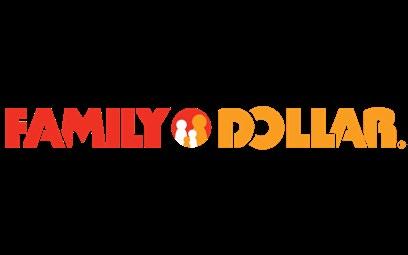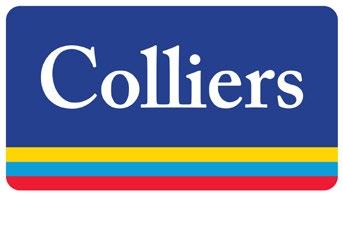Retail Track Record




Ken Hedrick
Vice Chairman
Ken co-leads a respected Net Lease Capital Markets team based out of Colliers’ Tulsa market. Prior to joining Colliers, Ken served as Executive Managing Director for Newmark where he and his team served clients including high-net-worth 1031 exchange buyers, funds, private equity groups, and institutions. Ken has over 21 years of experience in commercial real estate. He earned his Master of Business Administration degree in marketing and finance from Oklahoma City University and his Bachelor of Science in Business Administration degree in marketing from Oklahoma State University.

Vice Chairman
Andrew co-leads a respected Net Lease Capital Markets team based out of Colliers’ Tulsa market. Prior to joining Colliers, Andrew served as Senior Managing Director for Newmark where he and his team served clients including high-net-worth 1031 exchange buyers, funds, private equity groups, and institutions. Andrew has over 16 years of experience in commercial real estate. He earned his Juris Doctor degree from the University of Tulsa College of Law and his Bachelor of Science degree in finance from Oklahoma State University.

Associate Vice President
Phillip serves as an Associate Vice President on a Net Lease Capital Markets team based out of Colliers’ Tulsa market. Prior to joining Colliers, Phillip served as Associate Director for Newmark where he and his team served clients including high-net-worth 1031 exchange buyers, funds, private equity groups, and institutions. Phillip has over 14 years of experience in commercial real estate and earned Bachelor of Science degrees in both Finance and Energy Management from the University of Tulsa.

Grace focuses primarily on business development, transaction management, due diligence, market research, as well as marketing efforts for the Net Lease Capital Markets team. Prior to joining Colliers, Grace was a Marketing Specialist at Hillwood for their industrial leasing team. Grace has 8 years of experience in the commercial real estate industry and holds a BS in Communications from the University of North Texas.






Convenience and automotive stores have become a cornerstone of the retail landscape, providing consumers with quick access to essential items and a diverse range of products. The net lease investment model has gained significant traction within the convenience store sector, offering investors a unique blend of stability and predictable returns. Because of the nature of the business, the underlying real estate tends to be particularly well-located. More often than not, these properties are situated on larger than average land parcels at intersections and feature easy in-and-out for drivers.

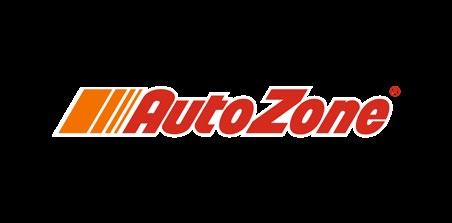
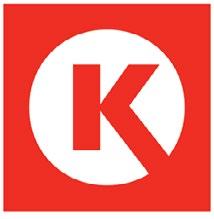
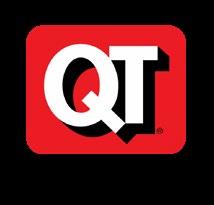

Investors are increasingly drawn to properties supporting agriculture and gardening, a trend aligned with current consumer preferences. Unlike more cyclical sectors, these investments demonstrate resilience. The emphasis on sustainability and local sourcing further bolsters the appeal of such real estate. With consumers actively seeking eco-friendly practices, properties supporting agriculture and gardening are well-positioned.
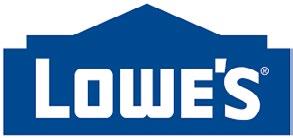

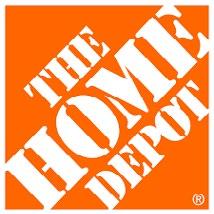
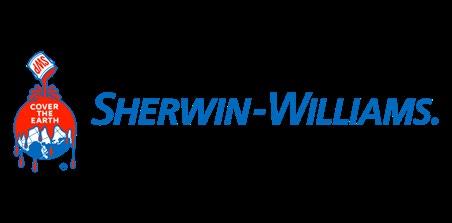

Grocery, Sporting Goods, and other Big Box leased assets are highly sought-after properties for commercial real estate investors – not only do most customers still prefer to shop in person or have their online orders fulfilled by curbside pick-up, but are often anchors that help drive foot traffic to other inline retailers. Recently, we have seen a shift in the market with smaller grocery and junior box retail concepts emerge including Aldi, Natural Grocers, and Lidle to name a few. These brands have been able to enter smaller markets that larger big box retailers like, Wal-mart, Costco, and Kroger, who are unable to meet the market demands.



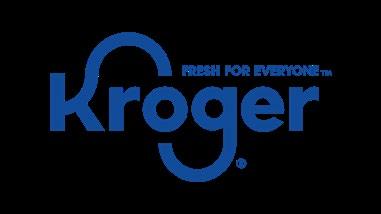



The drug store sector continues to attract significant attention from investors, particularly those seeking investment-grade-rated options. However, the sector faces a challenge with a limited pipeline for new store developments across all major tenants. Consequently, the majority of long-term leases are expected to be sustained through a strategic approach of blending and extending existing leases or acquiring larger portfolios via sale leasebacks. The combination of creditworthiness and strategic location positions drug store investments as a compelling choice in the ever-evolving landscape of real estate opportunities.



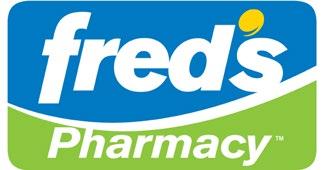
The retail net lease sector is undergoing significant transformations, with QSRs and restaurants leading the way. Prominent names like Starbucks, Taco Bell, and McDonald’s are adapting to shifting consumer preferences by optimizing their space, even eliminating indoor seating to prioritize a more streamlined and timeefficient experience. Notably, the trend involves a reduction in square footage and an increased emphasis on drive-thru lanes, often expanded to accommodate two lanes. Many establishments are also enhancing their mobile ordering systems to meet the demands of a clientele seeking convenience and efficiency.






The net lease market has identified dollar stores as a highly favored segment, that gained significant traction in 2020 amidst consumer uncertainty. Dollar stores, renowned for their appeal to budget-conscious shoppers, present a distinct advantage for investors by strategically targeting low-income demographics, proving their resilience across various economic landscapes. At the forefront of this market are two retail giants—Dollar General and Dollar Tree/Family Dollar. By the close of 2022, these industry leaders had collectively unveiled an impressive 1,300 new locations. Furthermore, both Dollar General and Dollar Tree/Family Dollar have outlined ambitious expansion plans and introduced new concepts set to unfold in 2024.

